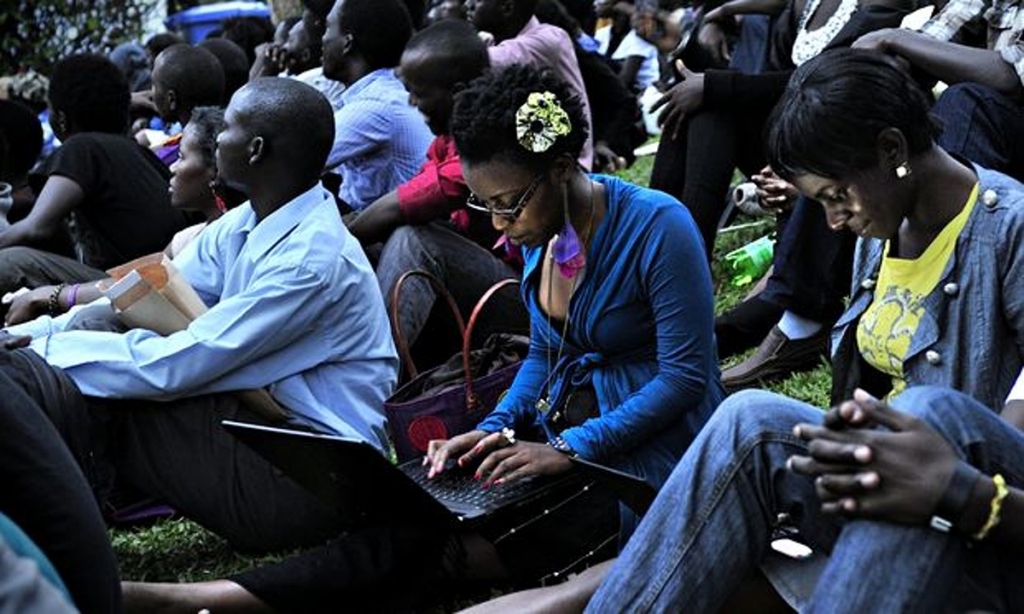Global Broadband Growth in Decline, 4 Billion Still — UN Broadband Commission
The report, titled The State of Broadband 2015: Broadband as a Foundation For Sustainable Development, looked at internet use and access across the world and was undertaken by the United Nations appointed Broadband Commission for Digital Development.
The State of Broadband, produced by the UN Broadband Commission and released today, reveals that 57 per cent of the world’s people remain offline and unable to take advantage of the enormous economic and social benefits the Internet can offer.
The Commission seeks to fully utilise the potential of Information and Communication Technology (ICT) to serve as a major accelerator of development.
There are 3.2 billion people now connected to the internet, up by just 300 million from previous year .
Internet connectivity is reaching saturation in the developed world, with more than 82 percent of the population online. The situation in the 48 UN-designated Least Developed Countries is particularly critical, with over 90% of people without any kind of Internet connectivity.
Problems highlighted in the report, penned by the global Telecommunications Union and UNESCO which set up the commission in 2010, included a lack of coordination and ineffective use of existing resources to make internet access more affordable across the globe.
India ranked 80 among 133 developing countries on percentage of households with internet in 2014 with a 15.3% penetration as compared to the 75th rank and 13% penetration in 2013.
The top ten countries for Internet use are located in Europe.
In mobile broadband subscriptions per 100 capita, India has been ranked at 155 with 5.5 penetration, said ITU.
The lowest levels of Internet access are mostly found in sub-Saharan Africa, with Internet available to less than 2% of the population in Guinea (1.7%), Somalia (1.6%), Burundi (1.4%), Timor Leste (1.1%) and Eritrea (1.0).
The free content ad network, along with mobile broadband access, apparently outstripped global internet usage in what the United Nations described as “a transition point”.
The report said that in order to connect everyone, it is vital to increase the online representation of numerous world’s languages, especially for regions and countries with high linguistic diversity such as Africa, India and South-East Asia.
It added in its State of Broadband report (PDF) that global broadband growth had slumped “sharply” and warned that a target of four billion net users being achieved by 2020 now appeared to be “unlikely”.








